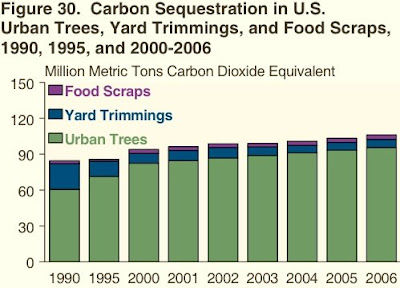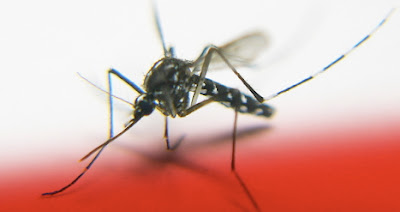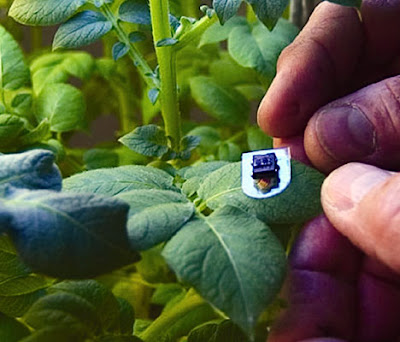We often discuss the types of ways vegetation can be of benefit to humans – for instance phytoremediation. A few posts that loosely collect into a narrative regarding some unique opportunities to engage plants in our social and environmental structures in inventive ways. The benefits are myriad and wonderful. Read on.
Crime Prevention
Via Treehugger: “Suginami, a district of Tokyo, Japan experienced over 1,700 break-ins in 2002. By 2008 this had dropped by about 80%, down to a mere 390 thefts. This dramatic change is attributed, in part, to Operation Flower, according to a Reuters report.“

:: image via Treehugger
“The project, one element of a larger crime prevention scheme, came about after a neighbourhood watch team discovered that flower-lined streets had fewer burglaries. Kiyotaka Ohyagi, a Suginami City official, said “By planting flowers facing the street, more people will be keeping an eye out while taking care of the flowers or watering them.” Flower seeds were planted on side streets and in front of residents homes. The idea being that locals would take interest in tending the growth of their flowers and spend more time being observant of their surroundings. Thieves were apparently put off by such alert residents.”
Forest Fire Prevention
Via Pruned, the opportunity to utilize series of sensors on trees for ‘Arborveillance’ provides some interesting opportunities, for one to “Harvest the metabolic energy of trees to power a maintenance-free, mesh-networked sensing system to predict and detect forest wildfires.”

:: images via Pruned
Read the rest of the post for more opportunities to use this technology for homeland security, communication, entertainment, and more.
Air Pollution Prevention
Via Treehugger, a plan to decentralize air pollution monitoring using the existing infrastructure of street trees: “What if we could have air pollution monitors on every street of every city without having to install any costly new high-tech equipment? This is exactly what Barbara Maher her team at the University of Lancaster in the UK have discovered by studying the leaves of urban trees”
:: image via Treehugger
Carbon Sequestration
One we’ve seen often, but a good graph showing how much trees contribute in the realm of landscape materials (via Treehugger). “According to the US Energy Information Administration (EIA) estimates, in 2006 urban trees accounted for nearly all (90 percent) of the carbon sequestration attributed to the combination of urban tree growing, plus land-filled yard trimmings and food scraps.” Read a related story about Climate Change using nitrogen fertilization here.
:: image via Treehugger
Vector Control
In this case, we’re talking Malaria. A post from Treehugger entitled ‘Computer Model Shows How Landscape Architecture Can Fight Malaria’ explains how complex computer modeling (and on-the-ground implementation) of landscape manipulation can influence breeding areas for mosquitos: “The computer model analyzes the impacts of different methods for controlling the spread of malaria, and they have found that carefully considering environmental factors can be an important strategy for controlling the disease. Eliminating low spots where pools of water form during the rainy season, or applying locally grown plants that limit the growth of mosquitoes can have significant impact on the spread of the disease.” Read more via MIT News.

:: image via Treehugger
Water Conservation
Treehugger reports on a scheme to have high-tech sensors attached to plants to monitor and request water when needed. Ok, perhaps not a specifically useful one in the case of say… a house plant, but the ramifications for ‘smart’ plants and crops on a scale that can operate and adjust irrigation to customize watering in the most sustainable manner is intriguing.

:: image via Treehugger
Another reason to make sure we value and protect this amazing resource...

Hi,
We have just added your latest post “Air Pollution Prevention” to our Directory of Environment . You can check the inclusion of the post here . We are delighted to invite you to submit all your future posts to the directory for getting a huge base of visitors to your website and gaining a valuable backlink to your site.
Warm Regards
greenatmos.com Team
http://www.greenatmos.com